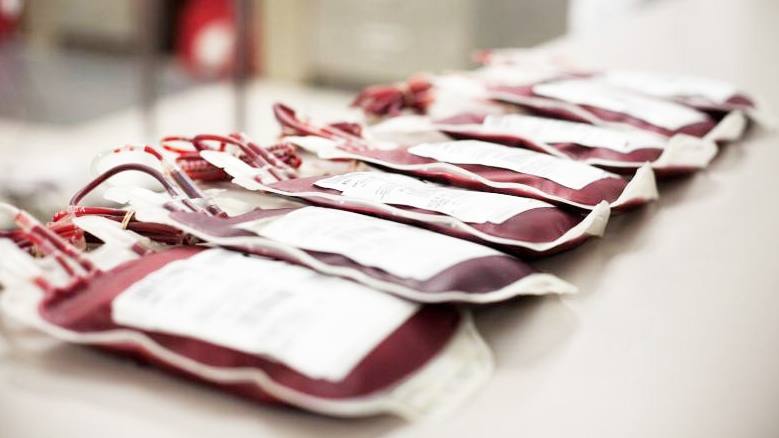
Those who are eligible to donate blood are asked to roll up their sleeves and help in their local communities.
"It is important to give blood right now because hospitals in the U.S. are having to manage a very depleted blood inventory," says Dr. Justin Kreuter, a transfusion medicine physician with the Mayo Clinic Blood Donor Center. "In a normal year, the summer is usually a period of national shortage. However, this year, the shortage has been exacerbated by the combination of hospitals ramping back up their patient care to pre-COVID levels and recruitment of volunteer blood donors has not been able to keep pace."
There is no substitute for human blood. All transfusions use blood from a donor. Each whole blood donation can help as many as three people.
"Blood enables lifesaving surgery and cancer treatments, and it is important for supporting babies who are born prematurely. If demand continues to outstrip supply, then hospitals will be forced to ration the available inventory. We certainly want all patients who need a transfusion to be able to receive one. In 2021, blood remains a critical community resource. Our community needs you," Dr. Kreuter says.
People can give blood if they have been vaccinated for COVID-19, says Dr. Kreuter.
To donate blood, you must weigh at least 110 pounds and be at least 16 or 17, depending on the law in your state. Some states allow minors to donate with parental permission. Also, you must be in good health, and be able to pass the physical and a confidential health history assessment to help make sure blood donation is safe for you and the recipient of your blood.
To find out if you are eligible to give blood and find out where you can donate, check the Mayo Clinic Blood Donor Program website. Be sure to set up an appointment before you plan to give blood.







